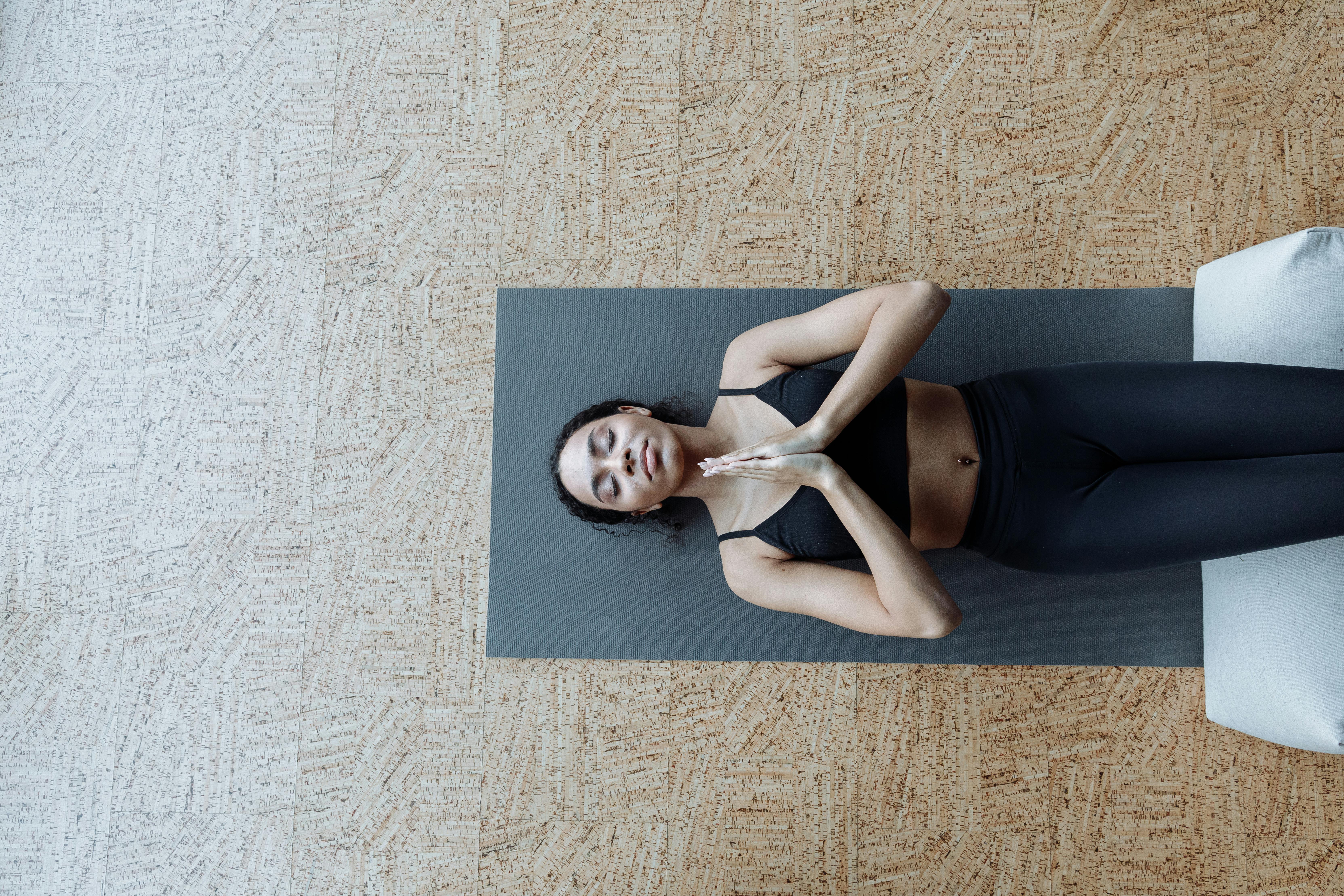While the condition is not widely known to the public due to its nature, monophobia affects many people from all corners of the world. This disorder can be emotionally, mentally, and socially disabling for those who suffer from its effects. However, with treatment and medication, the disorder can be managed to a level where many lead normal lives with little or no effects from the disorder.
One of the most difficult aspects of dealing with monophobia is that its true cause is often an underlying anxiety problem. Additionally, the reclusive nature of monophobia patients makes uncovering a problem difficult for physicians or the general public. For some, if their source of comfort is a specific person or place, the disorder may not even be apparent until a lifestyle change occurs. Additionally, the disorder can be difficult to self-diagnose, as the panic attacks and anxiety levels of the disorder can make logical thinking difficult.
Common symptoms of monophobia include an intense fear of being alone or away from a particular place. Sometimes this fear is so intense that even the thought of being alone or in an unfamiliar place can trigger panic attacks or other symptoms. Being an anxiety disorder, many of the common symptoms include nervousness, increased heart rate, difficulty thinking, restlessness, shortness of breath, panic attacks, and intense fear. At worst, these symptoms create an invincible urge to run away or seek comfort.
With monophobia, sufferers often attribute safety and security to a specific person or place. This location can be quite specific in many cases. It is not uncommon for a safe place to be reduced to a section of a room in a house or other small place. While multiple people can potentially be attached, most of the time this attachment is formed with a specific person. Common relationships include a spouse, sibling, or friend. When this is the case, symptoms often go undetected until a major lifestyle change occurs, such as a death or relocation.
Common treatments for monophobia include psychiatric appointments, hypnotherapy, group therapy, and select medications. Of these options, group therapy and hypnotherapy enjoy high levels of success among patients in many studies and trials. Group therapy also helps provide a support group to help people reinforce coping techniques, anxiety management methods, and provide the comfort of knowing that they are not the only people with this debilitating disorder.
